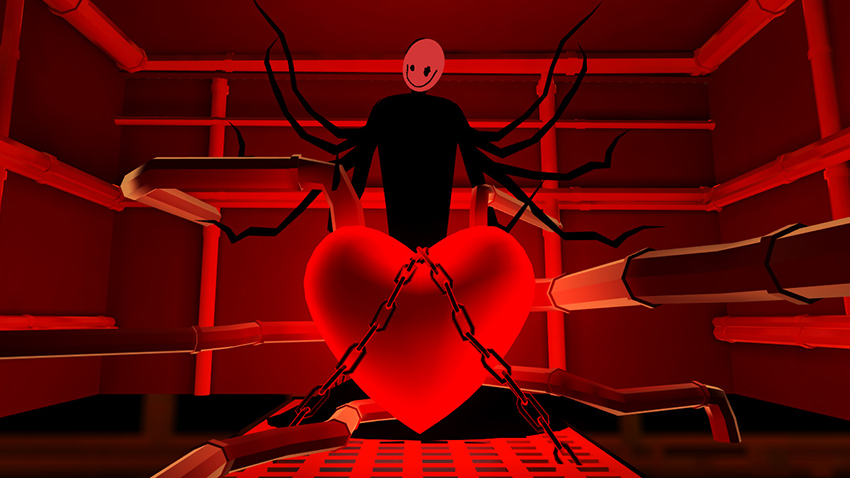
Fractured Minds review – A concentrated, clever exploration of life with mental illness
by Noelle AdamsWhile some will fight this statement, video games are art. In fact, given their interactive nature, games are an especially powerful creative medium, encouraging immersion and empathy.
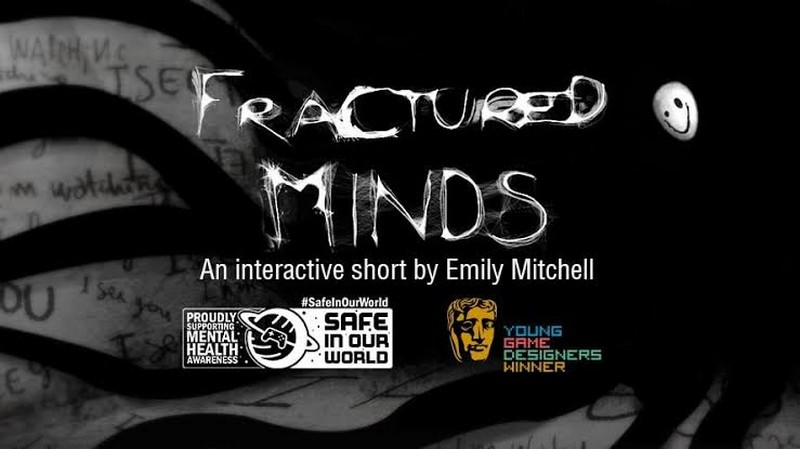
For years now, developers have harnessed this capability to explore mental health issues such as depression, psychosis, anxiety and world-shattering grief. Hellblade: Senua’s Sacrifice, Night in the Woods, Depression Quest, Psychonauts, American McGee’s Alice, Celeste, Gris and That Dragon, Cancer, plus many more, have all delved into the damaged human mind to varying degrees. Now joining their memorable and effective ranks is cross-platform indie title Fractured Minds.
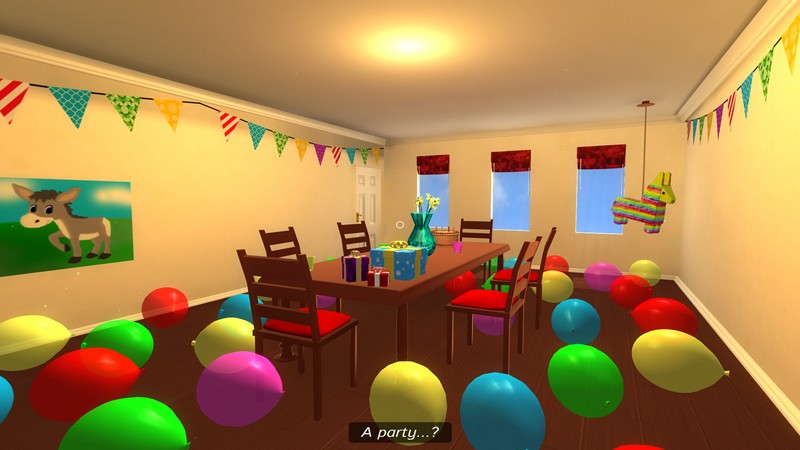
Described alternately as an “immersive artistic short game” and “interactive short,” Fractured Minds is notable as the 2017 BAFTA Young Game Designers winner in the 15–18 years Category. Seventeen-year-old Emily Mitchell created the game to reflect on her own struggles with debilitating anxiety, and despite coming from someone so young, Fractured Minds is a sophisticated and startlingly accurate take on living with mental illness. One that adult developers and other creators can learn from.
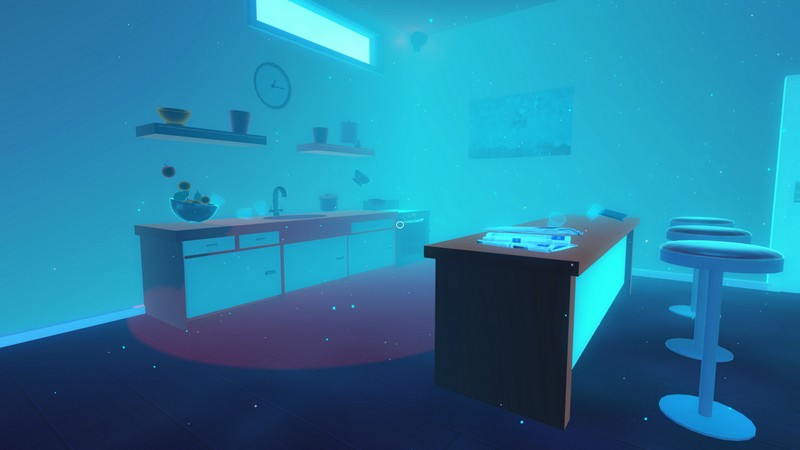
Essentially, Fractured Minds is the gaming equivalent of a shot of espresso. Short. Potent. Tonally dark. And it will easily seep into your system to set your hands trembling and your heart fluttering. Six short chapters touch on such emotions as fear, self-loathing, paranoia, (social media-fuelled) isolation and the sense of being completely overwhelmed. Paired with a dreamy score, mundane everyday scenarios warp into nightmare cages where all the player wants to do is escape. They do this by solving simple puzzles, but that only brings them to the next reskinned prison.
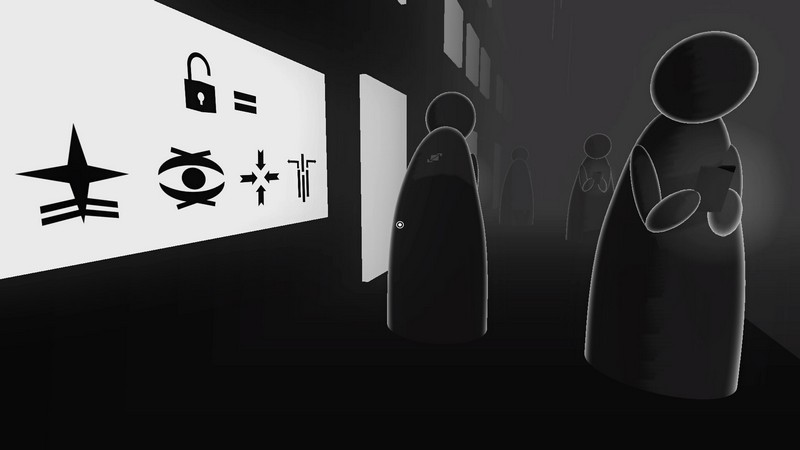
For anyone who lives with mental health conditions, Fractured Minds contains many recognisable moments. The first two chapters are especially strong. Fail at challenges and brutal “WRONG” messages start cluttering the screen. They don’t ever disappear, obscuring your ability to progress – much like in real life. At the same time, make a mistake and the game berates you for your stupidity. Depression and anxiety sufferers know that nasty and demotivating inner voice all too well. They’ll also be familiar with social occasions that should be cheerful, but turn miserable because of pressures to smile and look like you’re having a good time
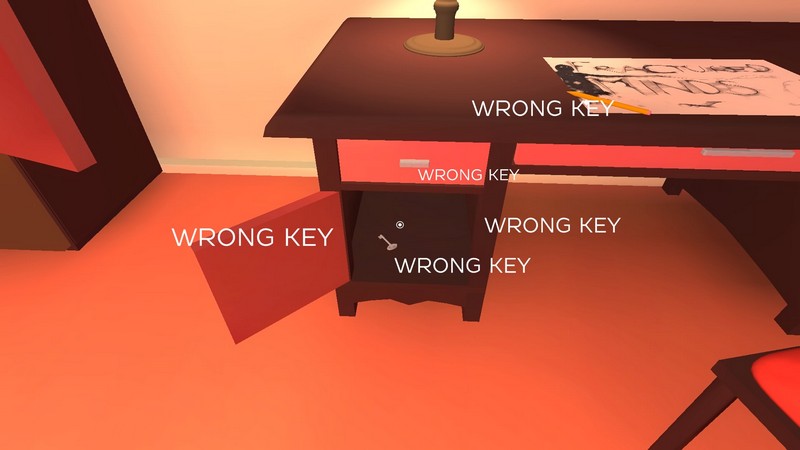
It may have a student-level, “just starting out with game dev” aesthetic (for obvious reasons), but Fractured Minds is exceptionally well thought out and implemented.
It’s also unnerving. Effortlessly getting under your skin, Fractured Minds is reminiscent of psychological horror film The Babadook. The game’s antagonist, who appears to taunt you in the distance, looks like a cross between the Babadook’s title character and Salad Fingers. Then there’s Fractured Minds’ similar message to the movie: You don’t ever really defeat mental illness. You live with it. For all your fears and sense of failure, you should never forget that you keep a malicious monster at bay every single day – and the only thing making that possible is your deep inner strength.
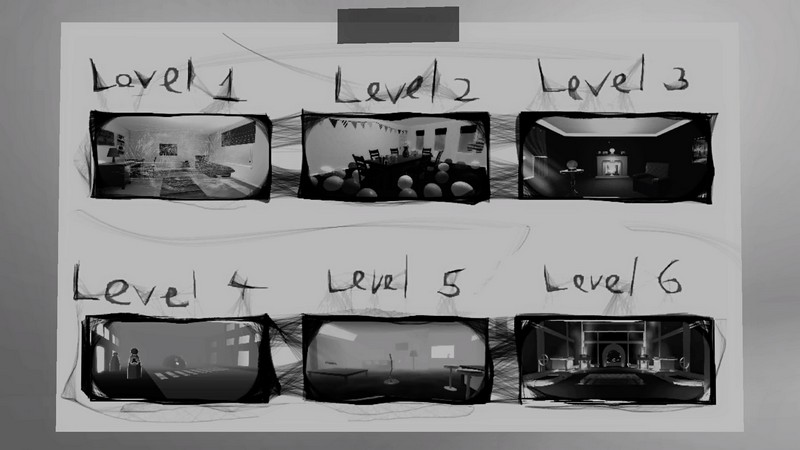
In a game where meaning-making is largely left to the player, that’s the big take-home following the abrupt ending. There’s no real happy ending here. Just encouragement and much-needed acknowledgement of bravery that people with mental illness typically struggle to see themselves.
Fractured Minds is a very short experience, clocking in at around 30 minutes. However, it’s worth squeezing into your next tea break. It’s also pocket-friendly at R20-30 (platform dependent), with a feel-good caveat that 80% of sale proceeds are going to support the career aspirations of creator Emily, as well as Safe In Our World, the new video games-centred mental health charity.
Released mid-November, Fractured Minds is available now for all consoles and PC.